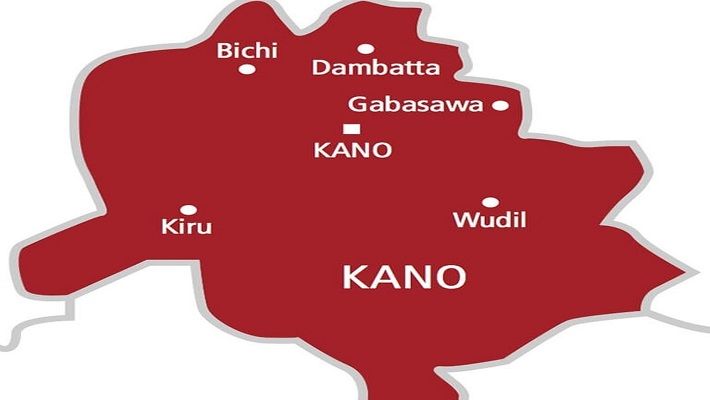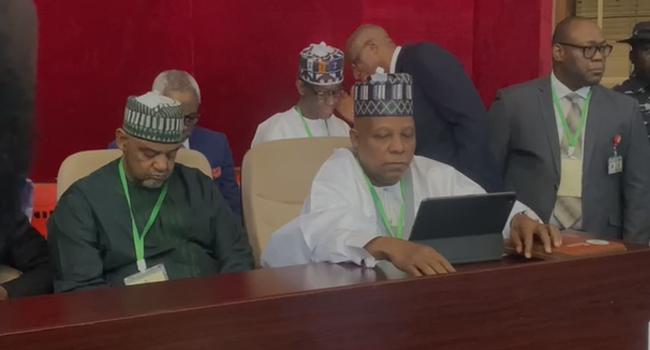
In a move aimed at preserving public harmony, the Kano State Government has announced an immediate ban on all live political programmes aired across broadcast media in the state.
The government says the directive is designed to curb inflammatory rhetoric and safeguard the cultural and religious sensitivities unique to the state, which has historically maintained a delicate balance among its diverse communities.
The policy was announced during a quarterly media engagement session chaired by the state’s Commissioner for Information and Internal Affairs, Comrade Ibrahim Abdullahi Waiya, and attended by media executives in Kano.
Speaking at the event, Waiya emphasized that the ban is not an attempt to stifle political dissent, but rather a measure to ensure that public discourse remains civil and respectful.
“We are not out to suppress political opposition,” he said. “Our goal is to protect the sanctity of Kano’s cultural and religious values. Freedom of expression must go hand in hand with responsibility.”
According to a statement signed by the ministry’s Director of Special Duties, Sani Abba Yola, the government observed that while inflammatory language on air has declined in recent months, more must be done to maintain decorum, particularly as political tensions simmer nationwide.
Under the new regulations:
Guests invited for political interviews will be required to sign an undertaking, pledging to refrain from making defamatory, abusive, or culturally offensive remarks.
Radio and television presenters have been instructed to avoid provocative questions and gestures that might elicit divisive or defamatory statements.
Sensitization campaigns will target media professionals and religious leaders, including members of the Council of Friday Imams, to reinforce the importance of responsible communication.
“We want to ensure that public messaging is constructive, respectful, and aligned with the values that define Kano,” Waiya added.
The move comes at a time of growing concern about political polarization and media sensationalism across Nigeria. While some observers see the decision as a pre-emptive step to avert conflict, critics may view it as a slippery slope toward state-imposed censorship.
By contrast, some states in southern Nigeria have adopted more media-tolerant approaches, focusing on fact-checking and real-time moderation rather than bans. Analysts say Kano’s approach reflects both the cultural conservatism and the political caution typical of Northern Nigeria.
Human rights advocates and press freedom organizations have yet to formally respond, but the policy is likely to reignite debate about how to balance free expression with communal stability in Nigeria’s fragile democratic space.





